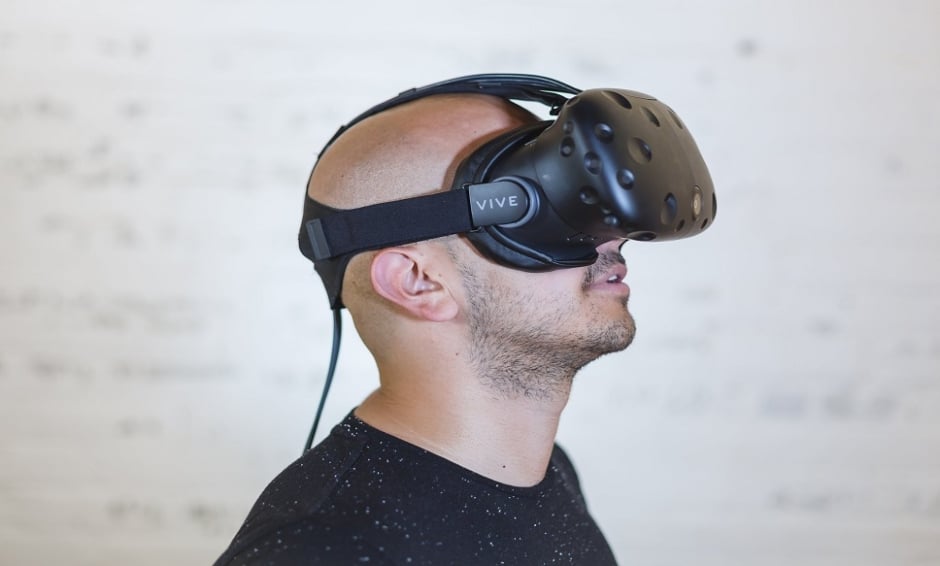CANCER RESEARCH UK has awarded millions in funding to scientists at the University of Cambridge, Cambridge, UK, who will build three-dimensional (3D) models of breast tumours that can be studied in unprecedented detail using virtual reality.
The project is one of four selected to receive funding over the next 5 years as part of Cancer Research UK’s Grand Challenge awards. It will be led by Prof Greg Hannon, Cancer Research UK Cambridge Institute, University of Cambridge, Cambridge, UK, with collaborators from across Europe and the USA. Prof Hannon stated the importance of the funding explaining: “All sorts of things are happening in tumours that we cannot study using the technology we have. But with our project, we hope to change that.”
The team aim to provide a new way for studying breast cancer by creating a virtual reality experience that allows users to look inside the tumour and see each cell and how it is functioning. “We want to create an interactive, faithful, 3D map of tumours that can be studied in virtual reality that scientists can ‘walk into’ and look at it in great detail. By doing this, we could learn more about tumours and begin to answer questions that have eluded cancer scientists for many years,” explained Prof Hannon.
Another project selected for the Grand Challenge awards will be led by Prof Sir Mike Stratton, Wellcome Trust Sanger Institute, Cambridgeshire, UK. Prof Stratton will lead a team that aims to understand the DNA damage associated with different cancers and what causes them. They hope to do this by studying thousands of cancer samples which from five different continents.
Prof Stratton explained that: “Every cancer retains an archaeological trace, a record in its DNA, of what caused it. It is that record that we want to explore to find out what caused the cancer. We going to sequence the DNA of thousands of cancer samples that have been collected from many different countries around the world, and study them to see what archaeological trace they contain. By doing this, we hope to figure out what caused those cancers.”
Jack Redden, Reporter








